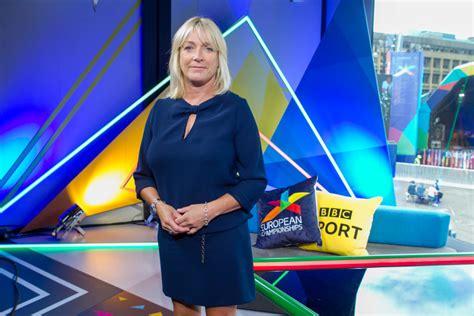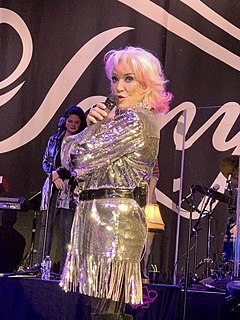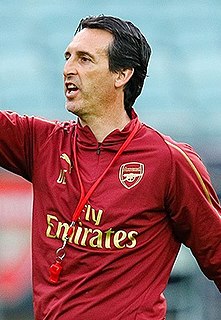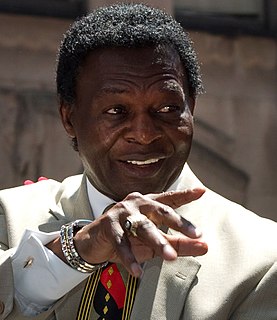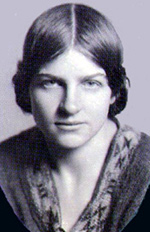A Quote by Dan Abrams
My stint as general manager of MSNBC made me particularly sensitive to how the big stories are covered.
Related Quotes
I was always interested in sport. My family are big sports' fans. We always had all the locals round watching big sporting events. I wasn't particularly sporty myself. I played a lot of hockey and rode, still do ride, but I just had a general interest in it. When I was given the opportunity to do sport stories I used to grab them.
For too long, reporters for the big media outlets have been fixated on novelty, always moving too quickly onto the next big score or the next hot get. Paradoxically, in these days of instant communication and sixty-minute news cycles, it's actually easier to miss information we might otherwise pay attention to. That's why we need stories to be covered and re-covered until they filter up enough to become part of the cultural bloodstream.
My dad was always my manager as far as I was concerned, even when I had another manager. At times he let me go with someone else who he thought could take me to another level when he couldn't, and he was right. But they were in it for another reason. He was in it because he wanted to see me succeed no matter what, and he made decisions based on being a dad as opposed to a manager.
I proceeded to prove everybody right as to how bad an economics student I was by failing as an assistant manager in every theatre I went to that hired me, both as an assistant manager and as an actor. I lost money and tickets, and I couldn't keep track of anything. So eventually they fired me from assistant-manager jobs, but kept me on as an actor.



